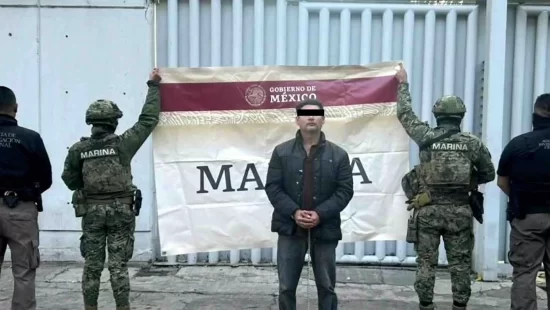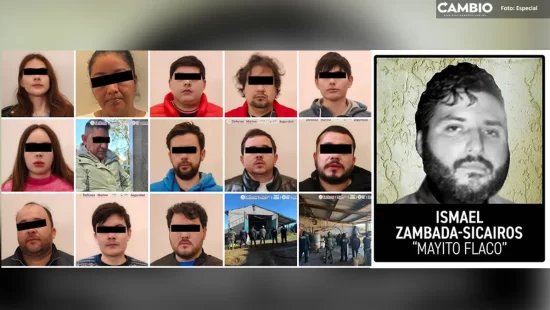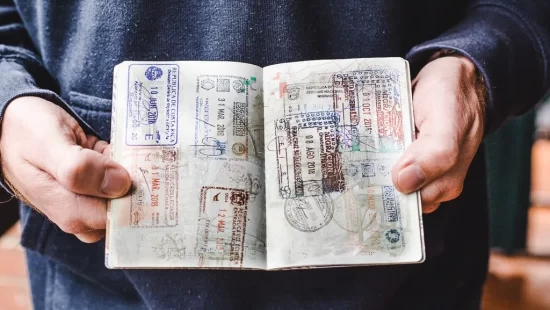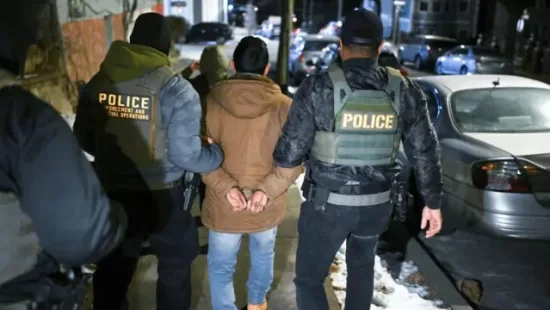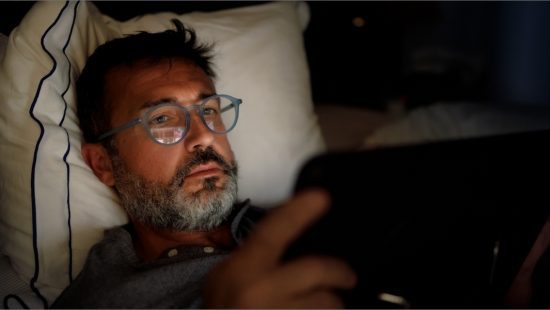@Private
ICE officers detained Andrea, a 31-year-old woman from Argentina with a Green Card who has lived in the United States since she was three, in February 2025 after she had called the police during a domestic dispute with her partner. Police took her to a county jail in Orlando, and from there, ICE officers took her. She shared her story with Human Rights Watch, recounting an incident in which a woman was detained in the same cell as Andrea at Krome.
After she was arrested, a judge approved Andrea’s release on a signature bond from the Orange County jail. The judge required a $1,000 bond, which she said her family paid. Still, she was not released. ICE instructed the jail to keep her in custody (or “immigration detainer,” which enables state officials to continue to hold immigrants in custody for 48 hours past the regular deadline for release) and then transferred her to immigration custody. ICE officers moved her and several other women from the Orlando county jail, all in full shackles, on a multi-stop bus trip to Krome. When they arrived, Krome was closed, so they had to spend the night on the bus in shackles. It is unclear why officers brought the women to Krome, which is a male-only detention facility.
Andrea said her time at Krome was marked by appalling conditions. She was detained in a small visitation room with up to 30 women for the first five days, with no beds, no shower, no privacy when using the toilet, and no access to phones. “There were cameras right above the open toilet,” she said. “It was okay for men to use standing up, but for us women, it felt humiliating.” When the women protested, they were finally allowed to shower in a different wing on the fourth day. Officers denied the women medical care throughout Andrea’s stay, and the women had no access to the outdoors because they were told, “this is a men’s prison.”
After a week at Krome, officers told the immigrants detained along with Andrea that they would be transferred to BTC. Instead, they were rerouted across the country. ICE sent Andrea to the Houston Processing Center, where she remained for two months. Although she finally had access to beds, showers, the commissary, and phones, she said the officers behaved unprofessionally and repeatedly failed to inform detainees about their court dates or when court dates had been rescheduled. “One day, they woke me up and just said, ‘Court today.’ I had no time to prepare,” Andrea said. She said that for a period of 48 hours, officers cut her and other detainees off from all contact with their lawyers and families. CoreCivic, which operates and provides services under contract with ICE for the Houston Processing Center, said in a letter to Human Rights Watch on June 24 that it was unaware of the specific allegations included in the letter, and requested more information so that it could investigate further.
Andrea was postpartum at the time of her detention, having given birth just three months earlier. She had been breastfeeding until her arrest. Her mother has had to move to Florida to care for her children. Another woman detained with Andrea had given birth just three weeks prior to her detention. “One ICE officer tried to get both of us released with ankle monitors so we could be with our babies,” she said, “but the judge said no.”
Andrea’s case was ultimately resolved once authorities recovered documentation of the expungement of a previous cannabis conviction from New Jersey authorities. She was released in late April.

